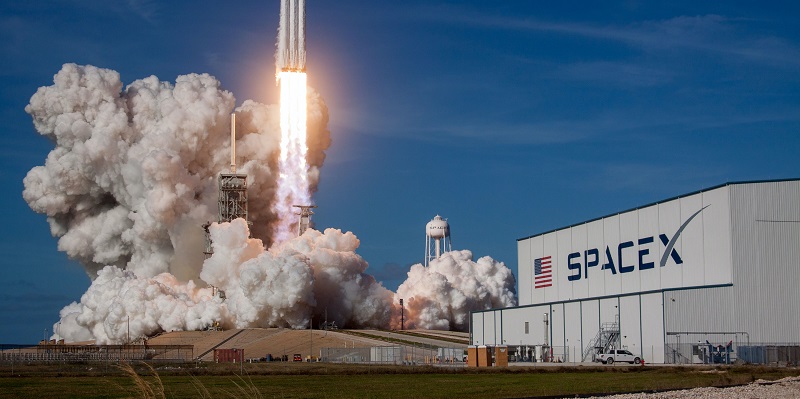In a fresh blow to Elon Musk’s companies, SpaceX is now facing a lawsuit from a former female employee who claims the company systematically paid women and minorities less than their white male counterparts. The allegation comes amidst increasing scrutiny on the tech industry’s struggles with pay equality and diversity.
Details of the Lawsuit
The plaintiff, a former employee, argues that SpaceX paid her $92,000 while her male colleagues with similar or lesser qualifications and duties received $115,000. Startled by this pay discrepancy, she discovered the disparity when SpaceX was required to publicly post pay ranges in job listings following the implementation of a “pay transparency” law in California this year. The lawsuit further asserts that SpaceX had used differing job titles for the same or similar roles to justify paying minority and female workers lower wages, thereby perpetuating inequality.
Interestingly, this lawsuit against SpaceX follows on the heels of another legal action taken against Elon Musk’s company, Tesla, involving allegations of systemic racism at its electric car plants in Fremont, California. The Equal Employment Opportunity Commission (EEOC) lodged a complaint against Tesla, stating that Black employees at the facilities endured racial abuse, stereotyping, and hostility. Both of these cases highlight the broader issues of discrimination and prejudices faced by employees in Musk’s companies.
Legal Proceedings
The lawsuit against SpaceX has been filed in a California state court, signaling a legal battle that will shed light on the company’s employment practices. The former engineer bringing the case is seeking class-action status to represent a group of affected employees, underlining the gravity of the alleged discriminatory practices at SpaceX.
Significance of the Case
The legal action against SpaceX brings into focus the ongoing challenges faced by the tech industry in achieving pay equality and promoting diversity. Despite the industry’s global prominence and its claims of being at the forefront of innovation, this case serves as a stark reminder of the persistent gaps that need to be addressed. Along with other high-profile cases, it underscores the imperative to create more inclusive work environments and eradicate discriminatory practices within the sector.
SpaceX finds itself embroiled in a lawsuit alleging systematic discrimination in pay, adding to the legal troubles faced by Elon Musk’s companies in recent weeks. The former female employee’s claim of unfair compensation compared to her male colleagues shines a light on the broader issues of pay inequality and diversity in the tech industry. As the legal proceedings unfold, this case serves as a reminder for all tech companies to prioritize fairness, equality, and inclusivity in their employment practices. Only then can the industry truly lead by example and pave the way for positive change.

